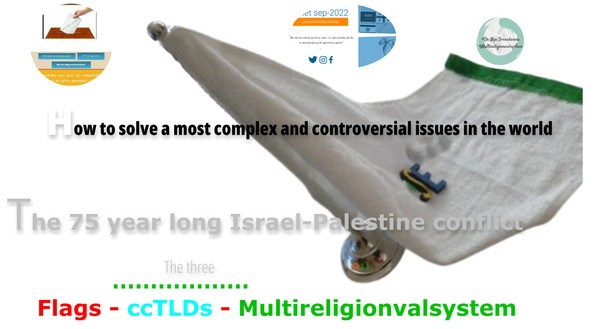
2. International Law: International law recognizes the right of self-determination of people, and the Palestinian people have consistently called for an independent state of their own.
3. United Nations Resolutions: The UN GA has passed several resolutions supporting the establishment of an independent Palestinian state, including Resolution 181 and Resolution 242.
4. Human Rights: Palestinians have the same right to self-determination and independence as any other people. Denying this right is a violation of their basic human rights.
5. Borders and Territory: The borders of a future independent Palestine are well-defined, and a viable state would include the West Bank, Gaza Strip, and East Jerusalem.
6. Economic Stability: An independent Palestine would establish its own economic stability and develop its natural resources, which would be beneficial to the region as a whole.
7. Democracy: A successful independent Palestine would be governed democratically, with free and fair elections and a functioning judiciary
8. Regional Stability: An independent Palestine would contribute to regional stability and peace by resolving the Palestinian-Israeli conflict in a manner that is just and sustainable.
9. International Support: Many countries and organizations around the world have expressed support for the establishment of an independent Palestinian state.
-
Moral Obligation: Many believe that the international community has a moral obligation to support the establishment of an independent state of Palestine to ensure the rights of the Palestinian people are respected and protected.
Krig utgör ett hot mot miljön och mänskligheten.


0